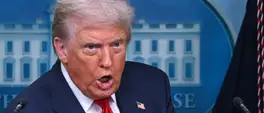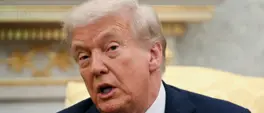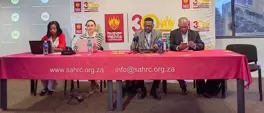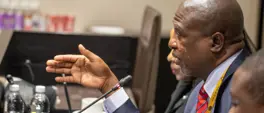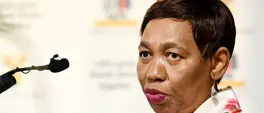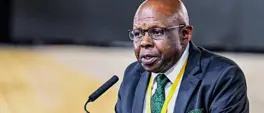Ramaphosa eyes direct appeal to ConCourt over NHI Act challenge
Babalo Ndenze
17 May 2025 | 10:58Ramaphosa on Friday filed notice to appeal the Pretoria High Court’s earlier decision that also gave him ten days to provide the record of his decision to sign the highly contentious NHI Act in 2024.
CAPE TOWN - President Cyril Ramaphosa is seeking to appeal directly to the Constitutional Court after a high court found that his decision to sign the National Health Insurance (NHI) Act into law could be reviewed.
Ramaphosa on Friday filed notice to appeal the Pretoria High Court’s earlier decision that also gave him ten days to provide the record of his decision to sign into law the highly contentious NHI Act in 2024.
Ramaphosa’s decision was challenged by the Board of Healthcare Funders (BHF), which contends that the legislation is "vague, unaffordable, and ultimately unworkable".
ALSO READ:
- BHF confident it will be able to prove the NHI Act is unconstitutional
- NHI Act: BHF expecting Ramaphosa to ignore Friday's deadline to comply with court order
- Board of Healthcare Funders set to file two more legal challenges to NHI Act
In court papers, Ramaphosa pointed to inconsistencies in the court’s decision and how the president could exercise his powers.
Ramaphosa also said that the role played by the president in assenting to and signing a bill was not that of legislating.
"If it were, that would constitute a demonstrable incursion into the terrain of the legislature and breach the separation of powers," argued Ramaphosa.
Ramaphosa listed several grounds for leave to appeal, including how the court erred in failing to take into account the discretion enjoyed by the president.
Ramaphosa said by permitting this kind of review, the court had potentially allowed a "pre-enactment challenge to a bill, which is a severe threat to the legislative authority of Parliament," which he said the Constitution had already warned against.
He said that previous court decisions had found that the president and the president alone assented and signed bills into law.
